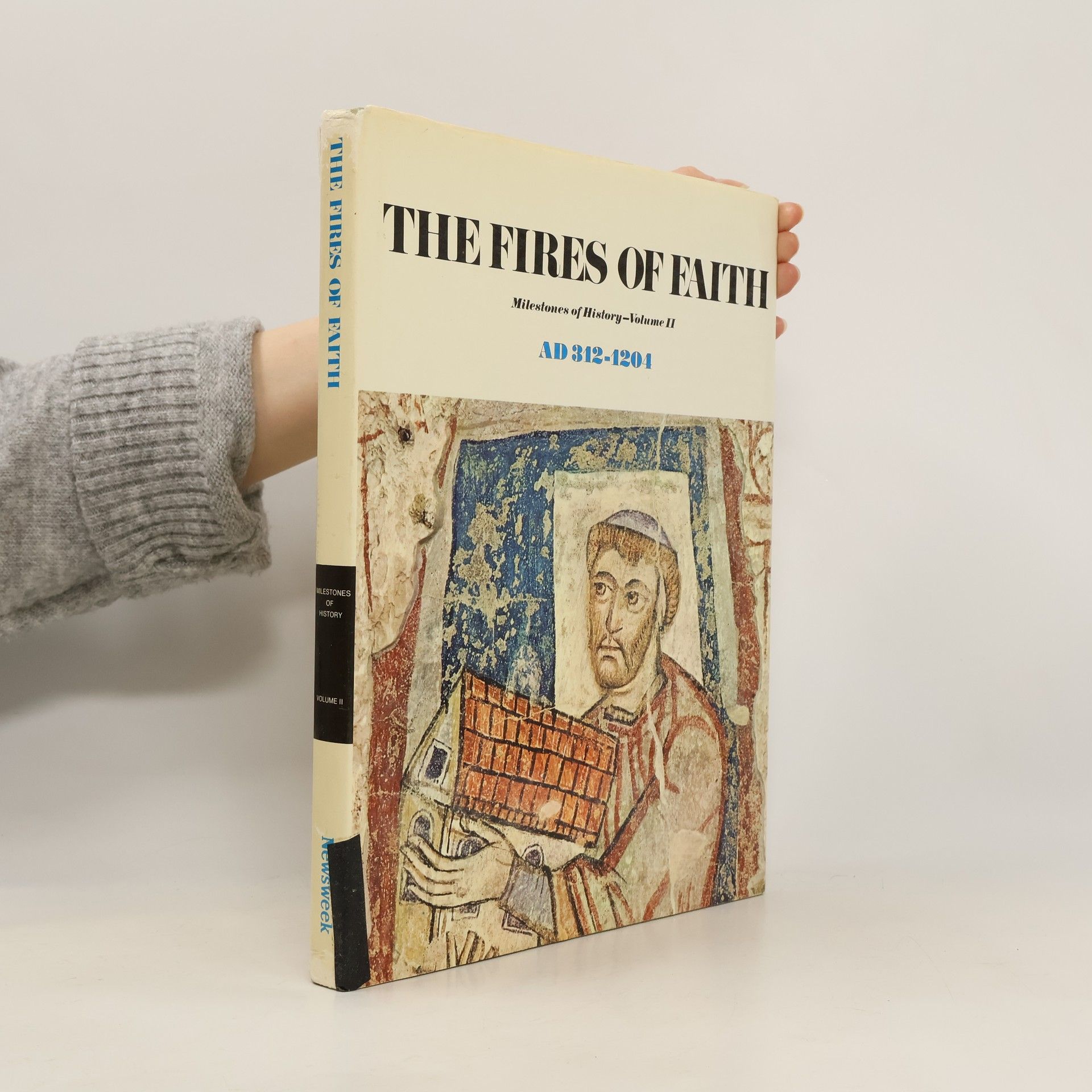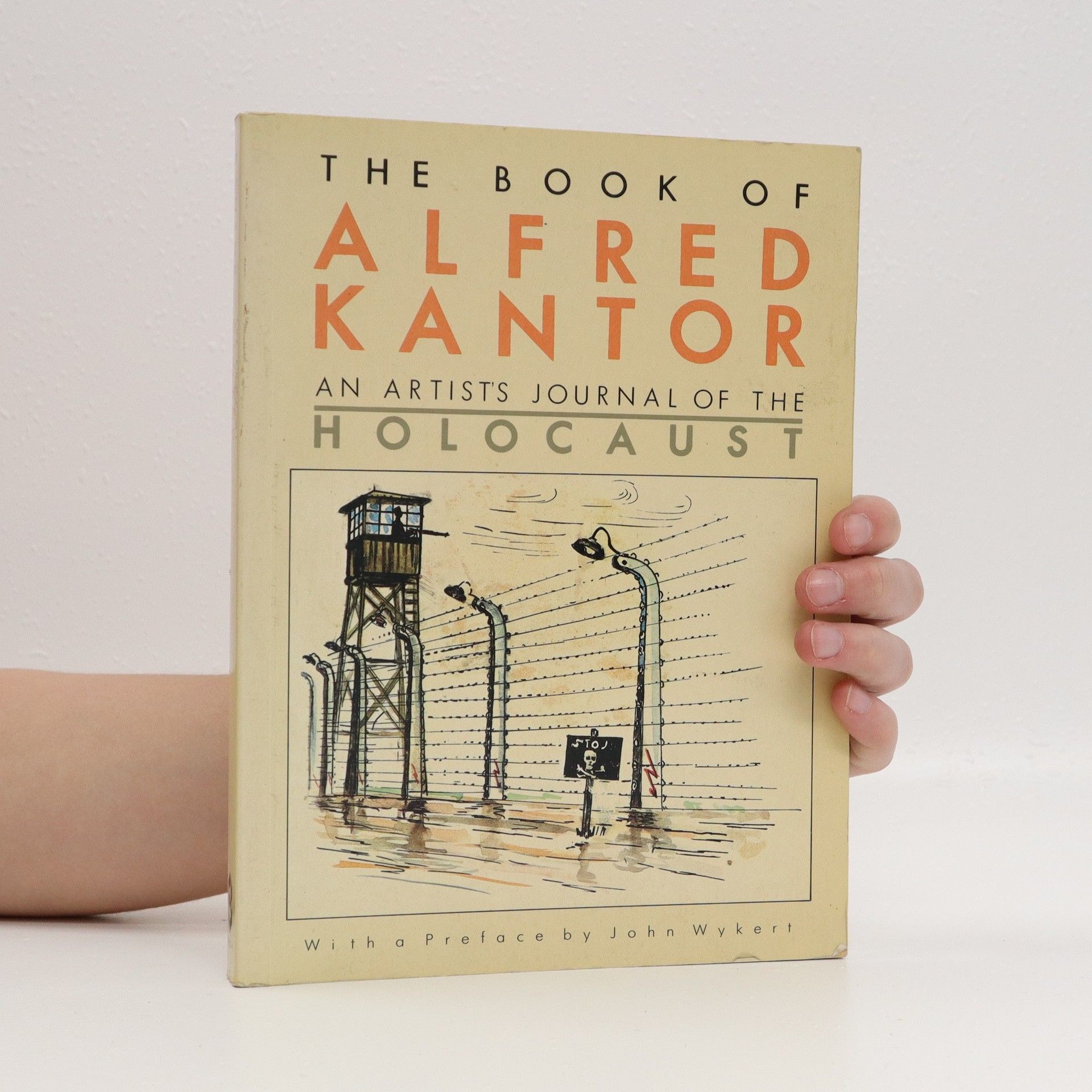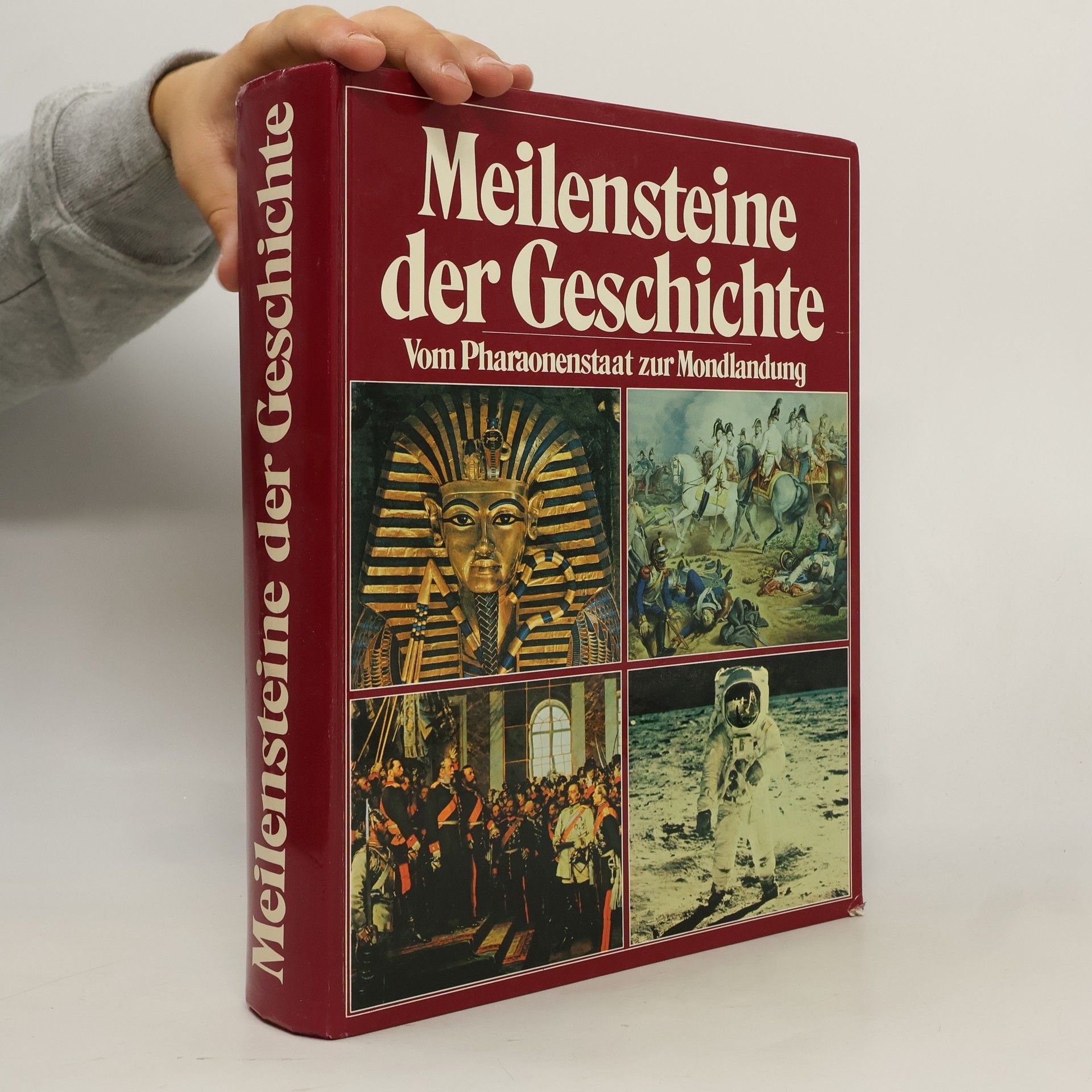Useful survey of `life and culture of the High Middle Ages', first published in 1961.
Friedrich Heer Livres
Friedrich Heer fut un historien qui, dès son jeune âge, s'opposa à l'idéologie national-socialiste. Son œuvre explore les liens profonds entre l'histoire et l'identité chrétienne et juive. Heer a analysé comment ces deux fois ont façonné la culture et la pensée européennes. Ses analyses critiques ont souvent suscité des débats, soulignant les relations complexes entre religion, politique et société.







The Holy Roman Empire
- 320pages
- 12 heures de lecture
The Holy Roman Empire, a relic of a lost age, dominated Europe for 1,000 years, from the time of Charlemagne until its final `demolition' by Napoleon. This study, over thirty years old and now reprinted again, charts the fluctuating fortunes of the Empire's dynasties, the Ottonians, Salians and Habsburgs, and their constant struggle to assert their inherited authority over Italy, Rome and the Papacy. Half of the study focuses on the post-medieval years.
The Fires of Faith
- 160pages
- 6 heures de lecture
Traces milestones of history from Constantine's unification of the western half of the Roman Empire under his name in 312 to the fall of Constantinople in 1204.
Die Nationalsozialisten verhafteten Friedrich Heer sechsmal, was ihn nachhaltig prägte. Als Historiker und Publizist war er ein Titan der Bildung, dessen Werke mit Verweisen und Anspielungen gesättigt sind. Die Erkenntnis, dass „Bildung vor Barbarei nicht schützt“, wurde für ihn zur Lebenslehre. Der Verrat am Geist, insbesondere die Bereitschaft vieler Akademiker, den Nationalsozialisten zu dienen, quälte ihn. Heer erlebte den rasanten Zerfall des österreichischen Katholizismus, als die Gläubigen 1938 für den Anschluss an das Deutsche Reich stimmten. Diese Erfahrung hinterließ eine unheilbare Wunde in seinem Leben. Heers unermüdliche Arbeit als Wissenschaftler und Publizist umfasste 50.000 Seiten und über fünfzig Bücher, darunter bedeutende historische Studien und biographische Arbeiten. Trotz seiner Berühmtheit erreichte er nie eine Professur in Wien, da er die Vertreter des politischen Katholizismus kritisierte. Seine Werke thematisieren den österreichischen Selbstverrat und die Versagen der Kirche. In seinen Schriften analysierte er die jahrhundertelange Geschichte des Antisemitismus und die Prägung Hitlers durch den österreichischen Katholizismus. Sein Hauptwerk, das den „Kampf um die österreichische Identität“ behandelt, verbindet historische Ereignisse mit der inneren Zerrissenheit der Österreicher. Heers Fähigkeit, Gegensätze zu versöhnen, war prägend, obwohl sie oft als Unfähigkeit interpretiert wurde. Sein Wunsch
Forfatterens dagbog og tegninger fra hans ophold i koncentrationslejrene Terezin, Auschwitz og Schwarzheide under 2. verdenskrig
Meilensteine der Geschichte
vom Pharaonenstaat zur Mondlandung
Evropské duchovní dějiny
- 768pages
- 27 heures de lecture
Průřez vývojem evropského náboženského a filosofického myšlení od konce antiky do XIX. století. Kniha rakouského historika, autora řady monografií a zejména velkých syntéz, je právě takovou širokou syntézou myšlenkových dějin západní Evropy. Od starověkých počátků a klasické antiky přes patristiku, raný a vrcholný středověk, reformaci a renesanci až po hlavní myšlenky 19. století ukazuje souvislost a sepjatost západoevropského myšlení, jehož hlavní osou je křesťanství. Heer si všímá nejen myslitelů teoretických, ale také umění, literatury a hlavně těch širokých a často přehlížených proudů „ducha doby“, které se v Evropě vždy šířily bez ohledu na hranice a utvářely její podobu.



